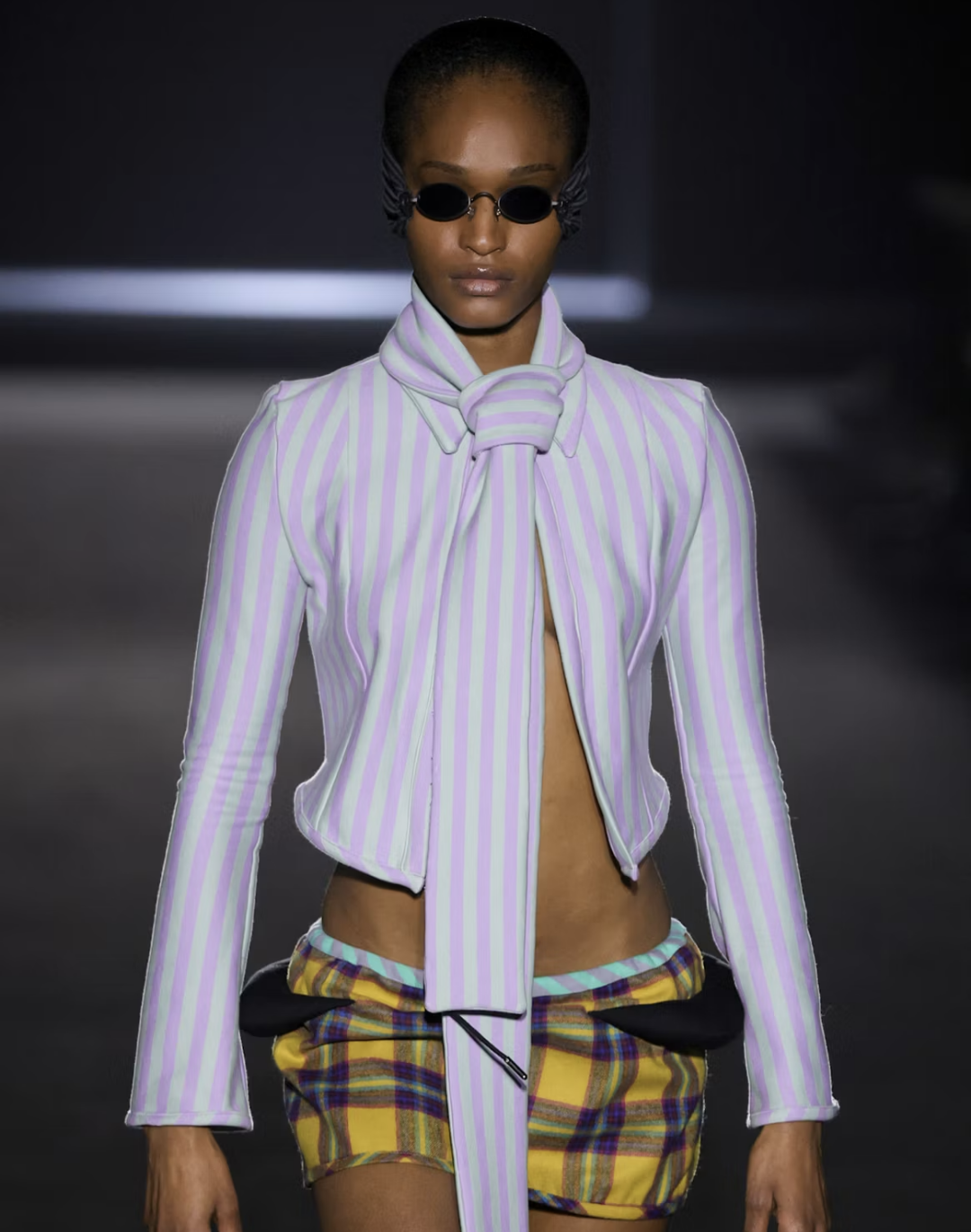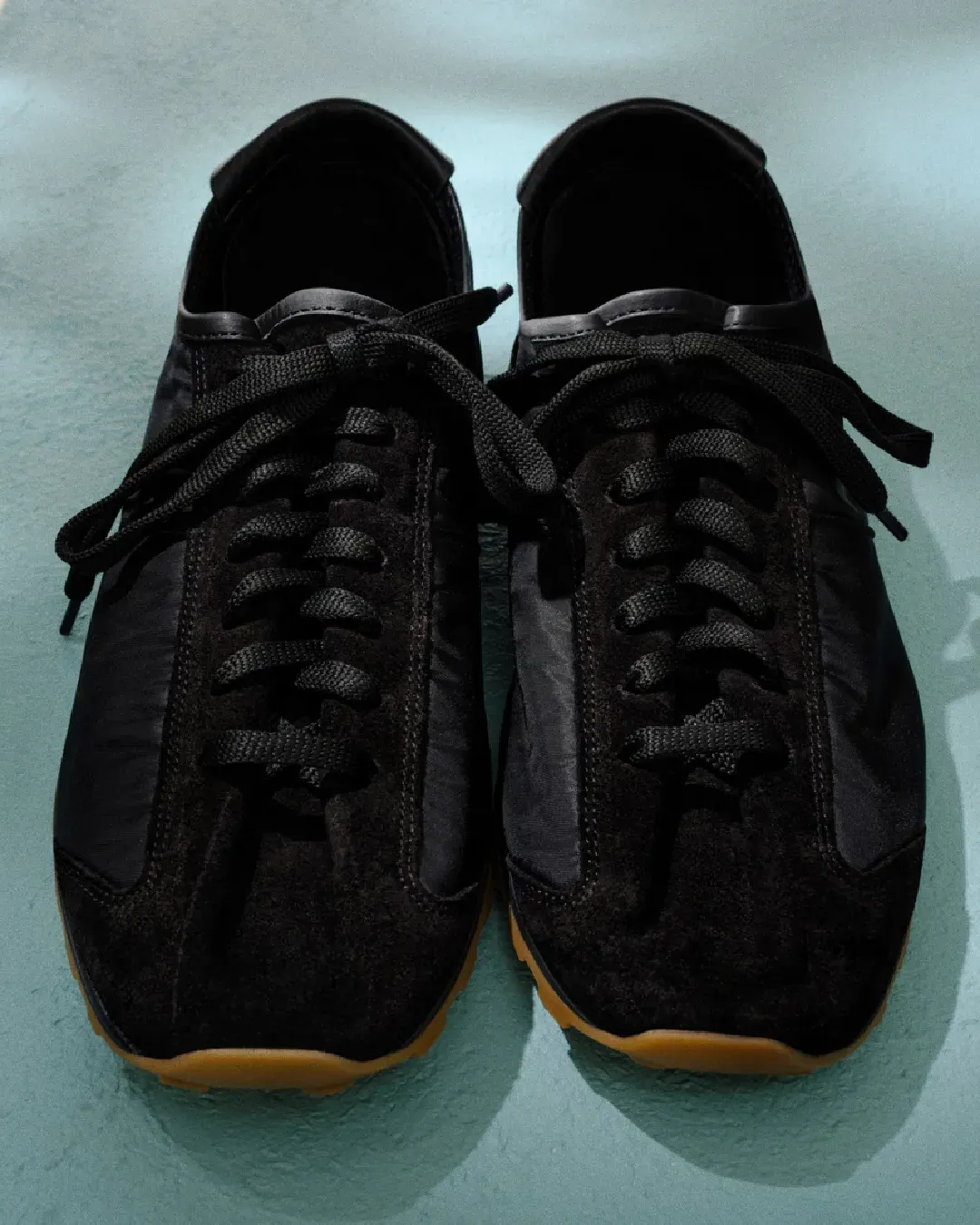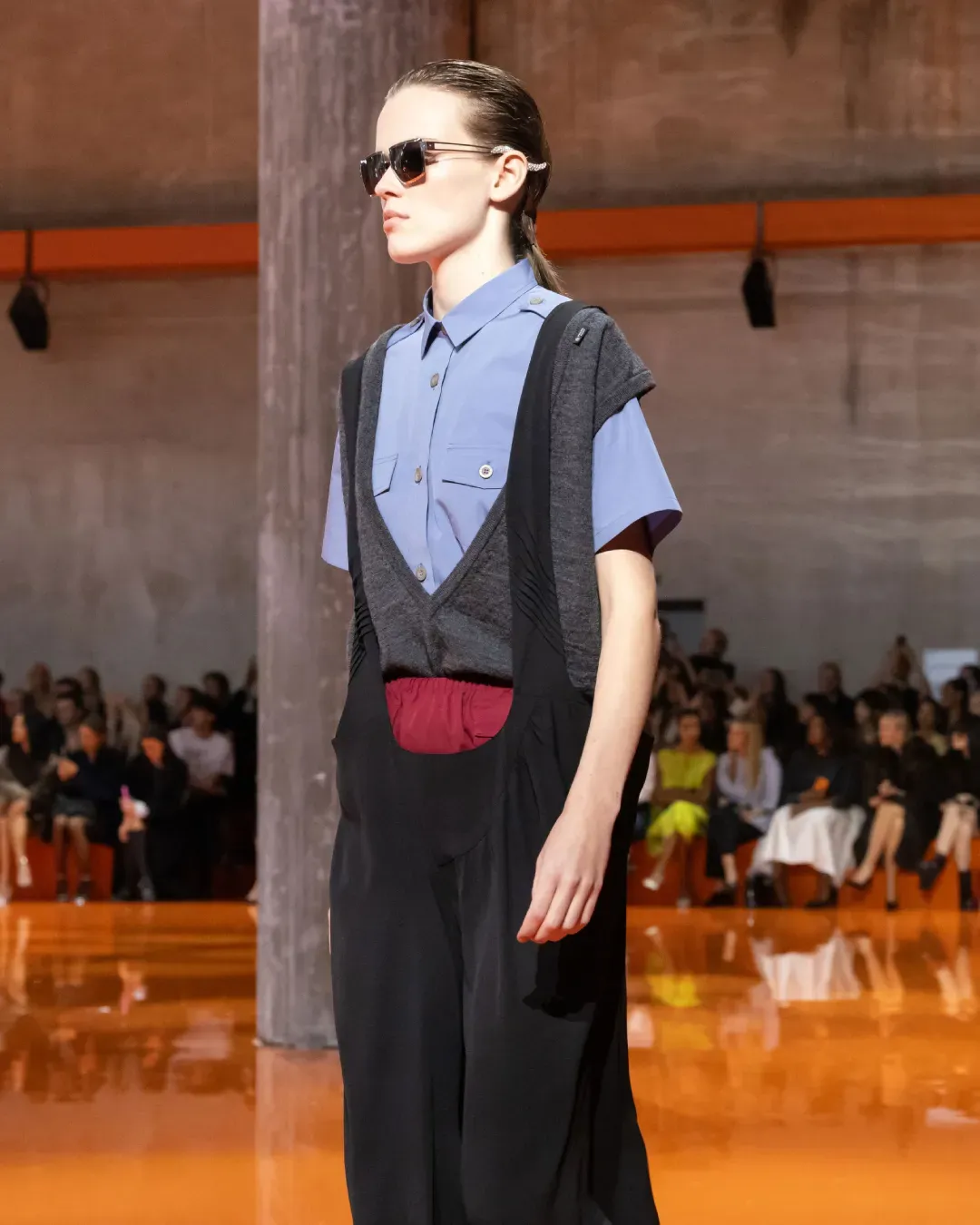
What's it like to work as an assistant during fashion week? Today as in the past, overtime and unpaid wages
A fashion show is not just about the models walking the catwalk, as a lot of people are involved behind the scenes both the day of the event and the weeks leading up to fashion month. So much needs to be done in what seems to be very little time, oftentimes involving heavy physical work which the seniors don’t want to do. It mostly ends up falling on the very tired back of unpaid or barely so interns and assistants. One of the most underrated jobs in the industry, a fashion assistant's day to day is usually defined by working long hours, dragging heavy suitcases and taking care of endless coffee orders pickups. The job of a stylist is usually heavily glamorised, as people always associate the playing with clothing and accessories as the main role, when in reality, the path to becoming one is no small feat. «I got hives because of the stress,» says an anonymous casting assistant from London who worked on a show for Fashion Week. In the industry, working extra hours is normalised, and no one dares to equate it to bad management, but rather a symptom of productivity. It is a vicious cycle – people start working in fashion as an underpaid assistant, they move up and learn from their toxic managers only in to fall back into the same trap.
In her recent piece for The Cut, fashion citic Cathy Horyn describes her experience of walking the Balenciaga show for Demna. In her article, she takes the reader through the process – from the casting request to the minutes right before the show. She describes the many fittings she had to attend, pointing out the multiple assistants she found backstage. «The team transformed the huge showroom into mini dressing rooms and there was a gauntlet of assistants. It was oddly intimidating, because I wasn’t a model,» she writes. After, she continues to describe the scene, and in every sentence she adds more assistants into the picture. Funnily enough, even though they are probably one of the lowest-paid ones in the fashion food chain, assistants were the ones who kept the show together – they do the jobs a lot of people don’t want to do, without taking any credit.
@rhidancey Expectations vs Reality of working in fashion #assistantproblems #expectationvreality #fashionassistant #stylistproblems original sound - ab
A lot of brands, especially smaller ones, run on either unpaid interns or lowly paid assistants. In her book, The most beautiful Job in the World, Italian Anthropologist Giulia Mensitieri describes her experience as an unpaid intern over a whole chapter. As part of her research process, Mensitieri decides to intern unpaid for a small, unnamed Belgian designer during the period leading up to Paris Fashion Week. The brand has a lot of young workers like herself, who are expected to give their all to the brand and its vision, whilst barely being able to afford a meal. They do it because they believe in the dream, the illusion that an unpaid internship could lead to a career changing opportunity. It potentially could, but being able to work unpaid is a privilege in itself. The author points out that during her research, only one other intern dared to question the non-existent pay. She wanted to be paid, and when the company refused to do so, she quit – a consequent but rare behaviour in the industry.
The system does not only operate on unpaid work, but also on a very conservative hierarchical structure. The person at the top, the Creative Director of a label, usually gets all the credit – no matter how hard he worked. If there is an inventive construction in the collection, they will be praised for it, not the assistant who developed it. Design, styling and PR assistants are the backbone of fashion week. They are the most hard-working, as they are at the beginning of their career, full of eagerness. It is still exciting to them – it is this unique moment during one's fashion career in which the glamour of it all is still able to deceive you, and you still have the feeling that all the hard work would eventually pay off. When we look at fashion month as a construct, a lot needs to change. There is still a distinction between the people behind the scenes, who in all fairness keep the show running, and the people in the spotlight, who take the final bow. Moving forward, it could be a start to break the vicious cycle of exploitation by crediting assistants for the work they do, instead of taking their work for granted.












































